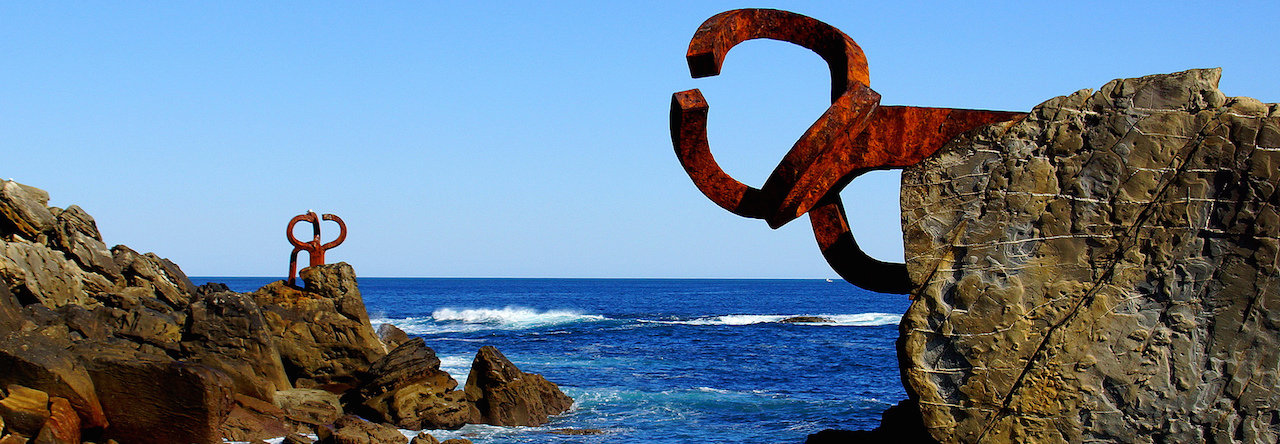We can decide whether to maintain our old and no perfect market economy or looking for new paradigms. It is not an easy task as Masters of the Universe prefer to live in cyclical crisis which is very profitable for them. If economy shows a positive balance, they win. If economy is going down to the Hell, they win. On the contrary, ordinary people do not perform very well. They are being pushed to run in a bigger wheel of consumption and debt that is causing domestic bankruptcy for generations. And do not mention the rampant public debt. May be capitalism is better than other economic systems and it is as old as the human society. However, it is raising its limits. Two years of recession after the happy wave of globalization are pointing out the real need to conquer other economic scenarios. We cannot be confident of politicians that think in the short time a make poll-government. In fact, they do not think anything. They apply the old receipts and highlight the poor debate between keynesians and libertarians. No one of these approaches is going to recover our prosperity.
As usual, we have to watch at the horizon and learn from the emergent trends that show other ways to path the way to economic progress. I think you should read the last report from the Copenhagen Institute of Futures Studies, which carefully analyzes the economic perspectives of the Internet Economy. In Anarconomy, they go far from the technological bubble of the 2000 and examine the successful examples of a reinvented manner of establishing economic and commercial relationships. Like good sellers of ideas, they use a contradictory brand to name the phenomenon, but it is not paper philosophy. It is real experience that happens at this moment, when I write this post to share my reflections with somebody.
Over the past few years, we have witnessed and are witnessing a pronounced flourishing of free content and services on the internet. This free content is created and distributed by the users themselves in voluntary networks accord- ing to rather anarchic principles: Wikipedia, open source software, books, music, films, and design, which the creators make freely available, are all examples of this phenomenon. All of this challenges and supplements traditional commercial companies by offering non-commercial alternatives. This is the anarconomy. In the future, anarconomy will move from the internet and radically change economy in the physical world.
The report studies the evolution of open source a open content and argues that their collaborative basis is not an obstacle for some people making a living of it. You have to remember that successful business like Google have and anarchist framework in the strategy they apply. Property rights are losing space in the market and giving a role to free licensing. It does not destroy the economic principle of ownership. In fact, it is promoting a different approach to the creation of value.
Intellectual property rights are so central to the modern economy that it can be hard to imagine a world without them. However, it isn’t impossible. In fact, we have an example of anarconomy – open, decentralized development and interchange of knowledge products – which has worked well for centuries, namely the universities of the world.
The example of the old universities is worth also for current economics. But where is the benefit? «In a future without intellectual property rights, professionals must increasing- ly make a living on unique solutions and experiences – things that can’t easily be copied or mass-produced».
Authors draw two possible scenarios in 2025. In one of the them, Rebels versus Cartels, champions of property rights achieve a highly regulated Internet, where people can only operate if they have a legal license to do so. In the other, The Age of Empowerment, the free exchange of products and knowledge is the dominant practise in the virtual and the physical economy. What do you believe? What do you prefer?

Deja una respuesta